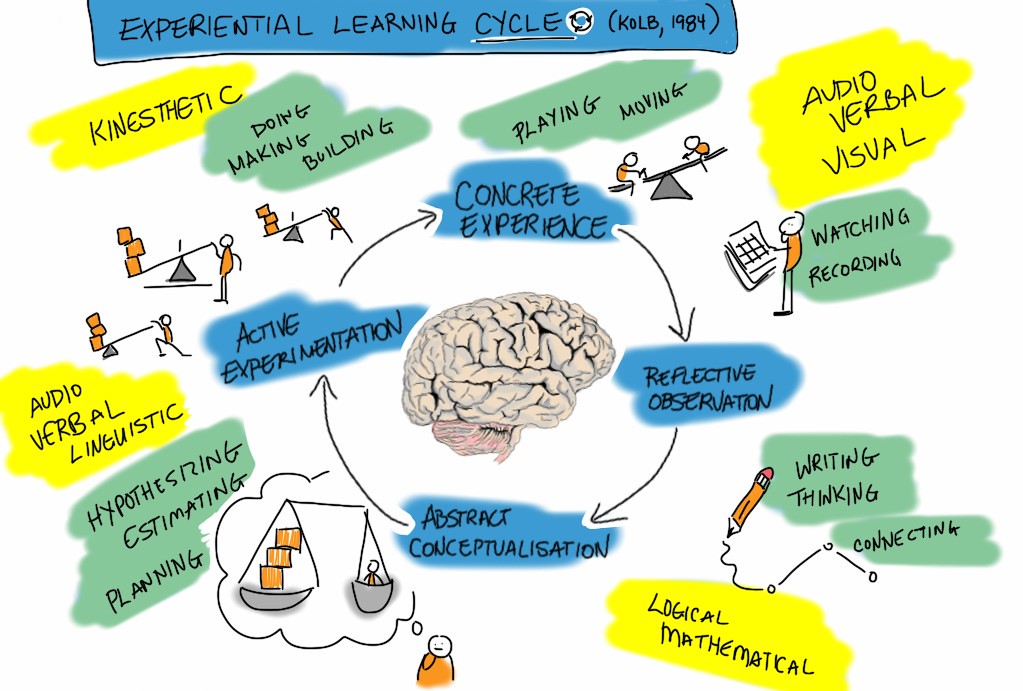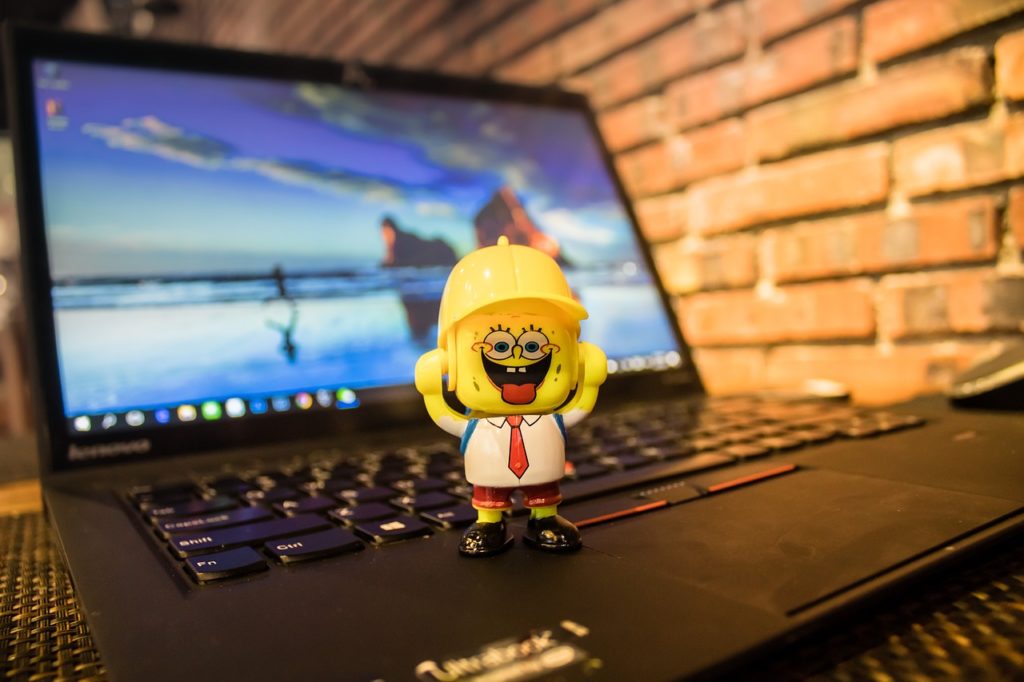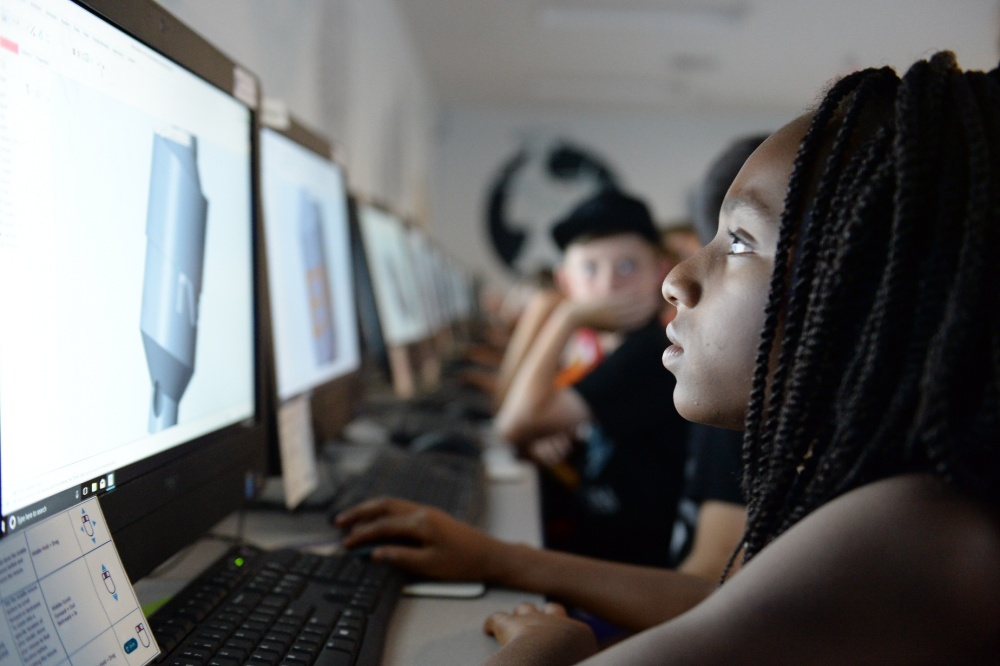This school year has been unlike any other. Effectively, students have been out of school since mid-March. But as we head into mid-June, it’s easy to forget that school is only now officially out. While juggling working from home and distance learning has proven to be enough of a balancing act as it is, schoolwork and time blocks dedicated to lessons at least brought some structure to the day. With the school year coming to a close, that remaining shred of structure—unlike your child—is heading out the door.
Under normal circumstances there are boundless options to keep your children engaged and interacting with their peers—not to mention, out of the house. Summer programs at local colleges, sports teams,athletic lessons, and camps all give depth to the summer months and provide opportunities to delve into their particular areas of interest. Yet, the events of 2020 are hardly normal circumstances. Sleepaway camps are on hiatus; summer school programs are going virtual, and many of the cultural institutions that can both educate and pass the time on a rainy day are shuttered for the time being. Never mind the fact that most people across the US are still working for home for at least the short-term, if not on a staggered in-office schedule, meaning childcare is still an issue. In fact, given the lack of ready-made lessons, summer might even present more challenges to busy families.
So what’s a parent to do? We’ve put together some tips and ideas to help put some structure into your family’s summer—and leave them with memories and fodder for that inevitable “what I did over summer vacation” essay prompt come fall.
Consider experiential learning.

What is experiential learning? It’s a form of hands-on education that, compared to traditional classroom lessons, has the student take on a more active role in daily lessons. For an older student, say someone in high school or college, this could take the form of an internship or externship (many of which have gone virtual in the wake of the pandemic and are still hiring). Teens can get a great line on their resume; plus a reference that can pay off when it comes time to apply for college, graduate school programs. Moreover, there’s a silver lining in having virtual internships: Students have much more leeway in choosing where to intern. Opportunities with high-profile companies and organizations, often located in major (read: expensive) cities, can be less of a financial and logistical burden.
For the younger set, experiential learning can be as simple as taking a walk in the park; though virtual tools can help children learn about and interpret their surroundings. Smore4U, a blog written by a family of five, put together this list of 33 apps that can help give educational depth to hikes. Children can learn geography and navigational skills by trying out a geocaching app; brush up on camping skills by trying out knot-tying; or learn about nearby wildlife with the Audubon Society or Project Noah.
There are plenty of experiential learning opportunities for the homebody as well. Tinker Lab can help guide budding scientists through at-home experiments and has some great tips for young artists as well. Plus, the projects only need supplies or ingredients commonly found at home.
Having to hunt down random supplies can be frustrating under the best of circumstances; when needing to stay home, seeking out glycerine or brads is just not a priority. Crafts by Amanda is another solid resource for crafts that are both educational and simple enough to avoid being hashtagged #PinterestFails. Bring the museum or seashore home with a coffee-ground fossil or a mason jar aquarium. Added benefit of doing crafts: they offer a tactile learning experience, which experts suggest can be beneficial for learners with attention disorders such as ADHD.
Virtual tours can inspire a sense of wonder—without the burdens of travel.

While we might not get the green light for overseas vacation travel by the end of the summer, many of the world’s foremost institutions have brought their collections online. Without leaving the comfort of your air-conditioned abode, your family can explore such ancient wonders as the Rosetta Stone or the mummies of Egypt at London’s British Museum, or the works of the Dutch Masters at the Rijksmuseum in Amsterdam.
Want to take this virtual sightseeing experience to the next level? Create a theme evening centered on a virtual visit: cook up an authentic Italian feast to coincide with your click through into the Vatican; or enjoy some pastries and café au lait as you scroll through Paris’s Musée d’Orsay. It just might be the highlight of your summer staycation—and with a whole lot fewer complaints about long lines or tired feet.
You can’t say “gamified learning” without saying “learning.”

Harness your child’s innate desire for competition with a learning tool that incorporates incentives such as leaderboards, points, or badges to inspire getting through lessons and ultimately, learning a new skill. Gamified learning works by offering content that’s at once engaging and shows nearly immediate rewards.
In addition, gamified learning apps allow learners to move at their own pace, which can be a big positive for anyone with an attention disorder. BoomWriter allows young authors to put up their latest works for professional evaluation and voting—and even gives them a chance to become a published author!
Already a popular classroom tool among language arts teachers, the literacy app is offering Haunt, a virtual summer camp for ages 9-12 that will offer four weeks of writing sessions and tutorials. In addition to its flashcard and lesson content, virtual learning app Kahoot! has a function that allows your child to participate in remote live trivia with friends.
Speaking of hoots, the future ambassadors among us will enjoy learning another language with the guidance of Duo the Owl with globally popular app Duolingo. With 23 languages available to English speakers and a whole host of options for learners of English, students can hone their skills gained in their in-school French or Spanish classes; try a major language such as Arabic or Russian that their school might not offer; or explore their ancestry with a lesser-taught language such as Irish Gaelic or Polish. Duolingo encourages learning and daily use of the app by offering points and badges for streaks and lessons completed, as well as leaderboard levels, with the top 10 point getters for the week moving on to the next higher league.
Summer learning, happens so fast

Summer break is upon us and suffice it to say, the 2020 edition is going to be like none other in recent memory. While digital distraction can be the bane of any child or adult with attention disorders who’s looking to get work done, our digital devices open up a virtual world to us when the real-life world is all but closed. Everyone might be a bit stir-crazy these days. These days of solitude can help people of all ages explore their interests and engage in projects that can mean the most for them. For young learners with attention disorders, this engagement can bring a sense of joy and accomplishment that can carry through September, regardless of how this upcoming school year takes shape.







